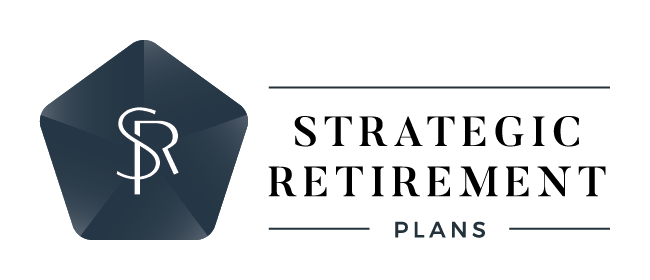This article was written by a colleague of ours, Christopher Rivers, and we felt was timely and helpful in these times.
A Real Cool Hand
My favorite movie for many years was the 1967 Paul Newman classic Cool Hand Luke.*
It’s a fairly straightforward tale of resistance to authority, though the movie remains vague about Luke’s past and why he stubbornly rebels the way he does. We aren’t given a whole lot of historical data that we can use to analyze Luke.
When it comes to the stock and bond markets, there’s always something to analyze. By and large, the analysis is made with an eye to the future. The arrow of time moves forward, so while looking back and explaining why a particular stock or market went up or down can be interesting, it doesn’t tell us a whole lot about what’s going to happen next. This is why we see the phrase, “past performance is not indicative of future results” appended to every investment marketing piece in existence.
Billions of shares and dollars are traded, corporate results are reported, and economic statistics are issued around the world each day. This data is dissected by traders, strategists, fund managers and the like for signals about where the market is headed next.
Individual investors, if they are rightly focused on the long-term, have the luxury of ignoring this sort of thing. But sometimes the headlines are bigger, the issues are more serious, the impact is more uncertain, and the news is harder to ignore.
Depending on how plugged in you are to “current events,” you likely see alarming headlines with some regularity. In hindsight we can see with clarity what mattered, and what didn’t, when it comes to markets. And we know that over the longer-term, the impact of most global events is fleeting.
Take a look at the chart below from Michael Batnick, illustrating the growth of the S&P 500 from the March 2009 nadir of the global financial crisis. Since then, we’ve encountered massive job losses, catastrophic oil spills, a continent-wide debt crisis , fiscal drama, Brexit , market malfunctions, surprise election results, civil unrest, a global pandemic, and conflict overseas.
Through it all, the S&P grew more than 700%. In the rearview mirror, our vision is 20/20, and we can see that the Ebola virus, 2013 government shutdown, 2011 flash crash, Brexit, et.al were temporary shocks that were not consequential for long-term investors.
This is not to say these issues or that present and future predicaments, aren’t meaningful. But they’re something to worry about more as a citizen, than as an investor.
It can be hard to separate our concern as citizens from our viewpoint as investors. It’s not that the market always goes up, or that nothing matters. The conundrum is that we don’t how markets will react, and for how long. Look no further than the last two years, when we experienced a global pandemic and shutdown of unprecedented proportions. The unemployment rate got so high they literally had to change the charts we’ve used for 75 years just to get it in the picture.
The stock market dropped sharply. But four months later, the market had recovered and then moved higher. The impact on the markets didn’t match up with the impact on the world at large. It rarely does.
===
Midway through the film, Luke earns the respect of the others in a boxing match with prison camp alpha dog Dragline, stubbornly refusing to give up despite getting repeatedly knocked down. That evening when Luke bluffs his way to a win in a hand of cards, Dragline chuckles and says “He beat you with nothing! Just like today, when he kept coming back at me…with nothing.”
Looking back at the chart of the last ten years, despite all the turmoil the long-term investor was best served doing one thing: nothing.
The problem is “do nothing” can sound like complacency, willful ignorance, or helplessness. So, it’s useful to flip the framing around to what it really is – patience.
“Patience is not passive, on the contrary, it is concentrated strength.” Depending on which source you trust, that quote comes from either English novelist Edward Bulwer-Lytton, or martial arts star Bruce Lee. Nobody remembers Bulwer-Lytton, but we remember some phrases he coined – “the pen is mightier than the sword” and “It was a dark and stormy night” in particular. So it would make sense if it came from him, though it certainly fits comfortably in Bruce Lee’s philosophy.
This kind of active patience demands attention and intention. It’s the recognition that much of what happens is out of our control, but how we respond is very much our own choice. It’s about tolerating delays and difficulties and staying the course. It’s the foundation of “Keep Calm and Carry On.”
Times will be turbulent, and markets will be volatile. It can be difficult, in the moment, to separate our concern as citizens from our intentions as investors. When it comes to markets, doing nothing, in the form of active patience, can be a real cool hand.
===
*My sister-in-law, watching the movie at my recommendation, was less impressed. “Luke runs away, Luke gets caught. Luke runs away, Luke gets caught. Luke runs away, Luke gets killed. The End.”
Presented by Christopher Rivers, CFP®


